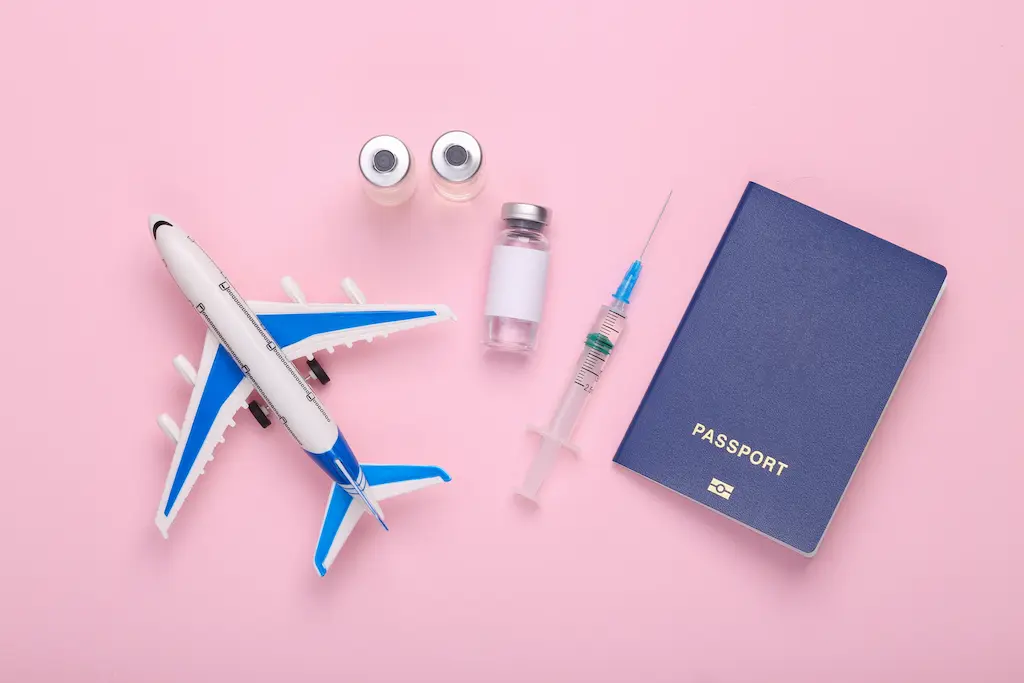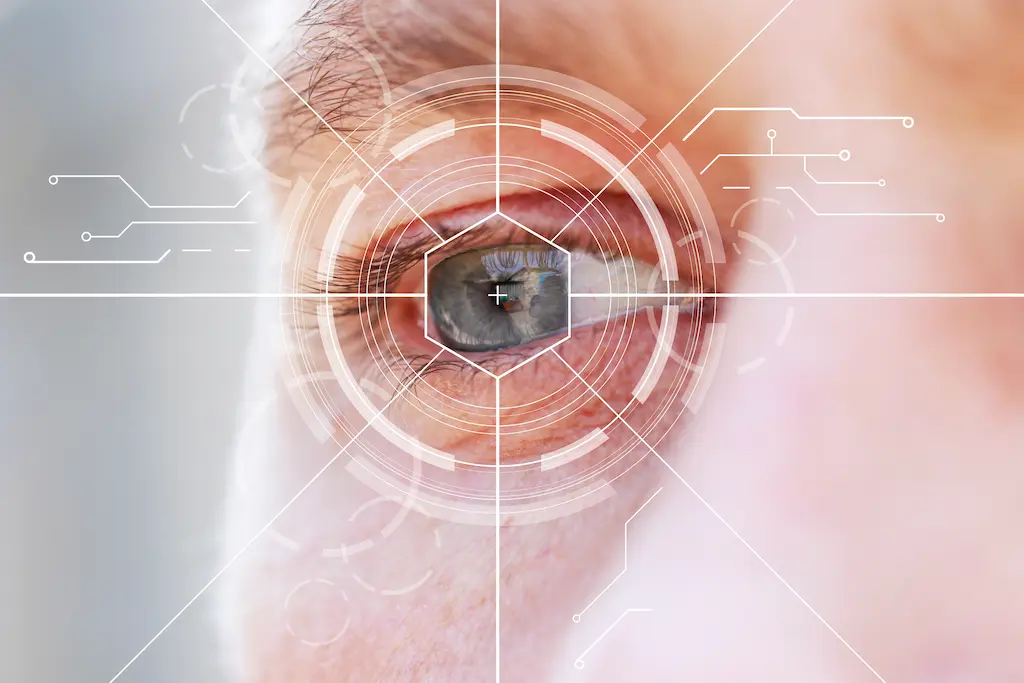

Yes, you can fly after cataract surgery in Kansas City. Most people who have had cataract surgery fly without any problems. However, it is recommended that you discuss your specific case with your doctor before flying to ensure it is safe for you to do so.
This blog covers everything you need to know about cataract surgery and flying.
You don’t have to worry about canceling your plane ticket due to traditional cataract or laser-assisted cataract surgery. There are no medical restrictions regarding air travel after this procedure.
However, please note: It is essential not to fly after having detached retina surgery if a gas bubble has been injected. Changes in pressure during the flight could cause the gas bubble to expand, which may have serious repercussions for the eye. For this reason, you must wait until your doctor has confirmed the gas bubble has dissipated.
As with all eye surgery, there are a few things to bear in mind:
The surgery can cause dry eyes because of the Betadine antiseptic used to sterilize the area, and the eye drops given afterward, which contain preservatives that may irritate the eye. Other factors include a decrease in tear production, abnormal eyelid closure, or disruption of the ocular surface due to the surgery itself.
A dry eye may cause burning, aching, a feeling of something in the eye, and blurry vision, which increases the likelihood of you scratching or rubbing your eyes and increases the risk of infection.
Chances are your eyes will feel more uncomfortable sitting on an airplane than if you were sitting in your living room. To avoid further complications, use artificial tears; if necessary, talk to your doctor about dry eye therapy.
Keeping all follow-up appointments with your ophthalmologist after cataract surgery is essential. Generally, you must visit your cataract surgeon the day after the procedure and again in the following two weeks. These appointments evaluate progress and detect complications.
If you plan to take a trip soon, the first few weeks after your surgery, it is critical to inform your doctor and do your best to schedule your appointments around your travel schedule.
Additionally, ensure you adhere to your surgeon’s post-surgery instructions, such as using eye drops and a sleep mask to protect your eyes. If you have any doubts or worries about traveling or performing activities soon after your cataract removal, speak to your surgeon for advice.
Cataract surgery typically does not affect travel insurance. However, it is important to check with your travel insurance policy or provider to determine if any restrictions or exclusions apply. Some travel insurance policies may require a minimum time between cataract surgery and the start of your trip to be eligible for coverage. Additionally, certain policies may exclude any medical expenses related to cataract surgery from being covered.

Your eye will feel normal again 24 hours after surgery. However, your sensitivity to light may persist for a few more days.
So, how soon can you fly after cataract surgery? Usually after 24 hours. However, full cataract surgery recovery time is typically four to six weeks. During this time, the eye needs to be kept clean and lubricated to help the healing process, and activities should be limited to allow the eye to rest and heal properly.
Infections are rare, but symptoms such as worsening vision, redness, and pain in the eye should be taken seriously and treated immediately, as delays can result in permanent vision loss.
If an infection occurs, seeking professional ophthalmology medical care is important, typically available in well-developed cities. When recovering from cataract surgery, avoiding remote places with limited access to medical care and connection to the outside world is best.
As we ascend in an airplane, the air outside becomes more sparse, which is why airplanes pressurize their cabins. At the altitude planes fly, the humidity is less than 1%, so the air coming into the cabin is very dry. This causes our eyes and skin to dry out more quickly. On top of this, traveling disrupts our usual routine, so we may drink less water, eat unhealthier and get less sleep, all of which can contribute to dry eye.
Follow these general guidelines when discussing your travel plans with your eye surgeon or ophthalmologist:
Then, the most effective way to combat mild dry eye while flying after cataract surgery is to use artificial tears frequently. To avoid further irritation, opt for preservative-free artificial tears, which can be administered hourly.
Other than that, you can also follow these tips:
If you have recently undergone cataract surgery, it is generally safe to fly on an airplane. However, it is important to ensure that you have appropriate follow-up care for your eyes and access to other forms of emergency eye care if necessary.
Additionally, taking precautions during the flight, such as avoiding dryness of the eyes, will help to ensure air travel does not impede your recovery.
Want to know more about cataract surgery? Schedule an appointment online with Discover Vision Centres in Kansas City. Our cataract specialists are here to guide you through vision corrective procedures and restore your eyesight and quality of life.